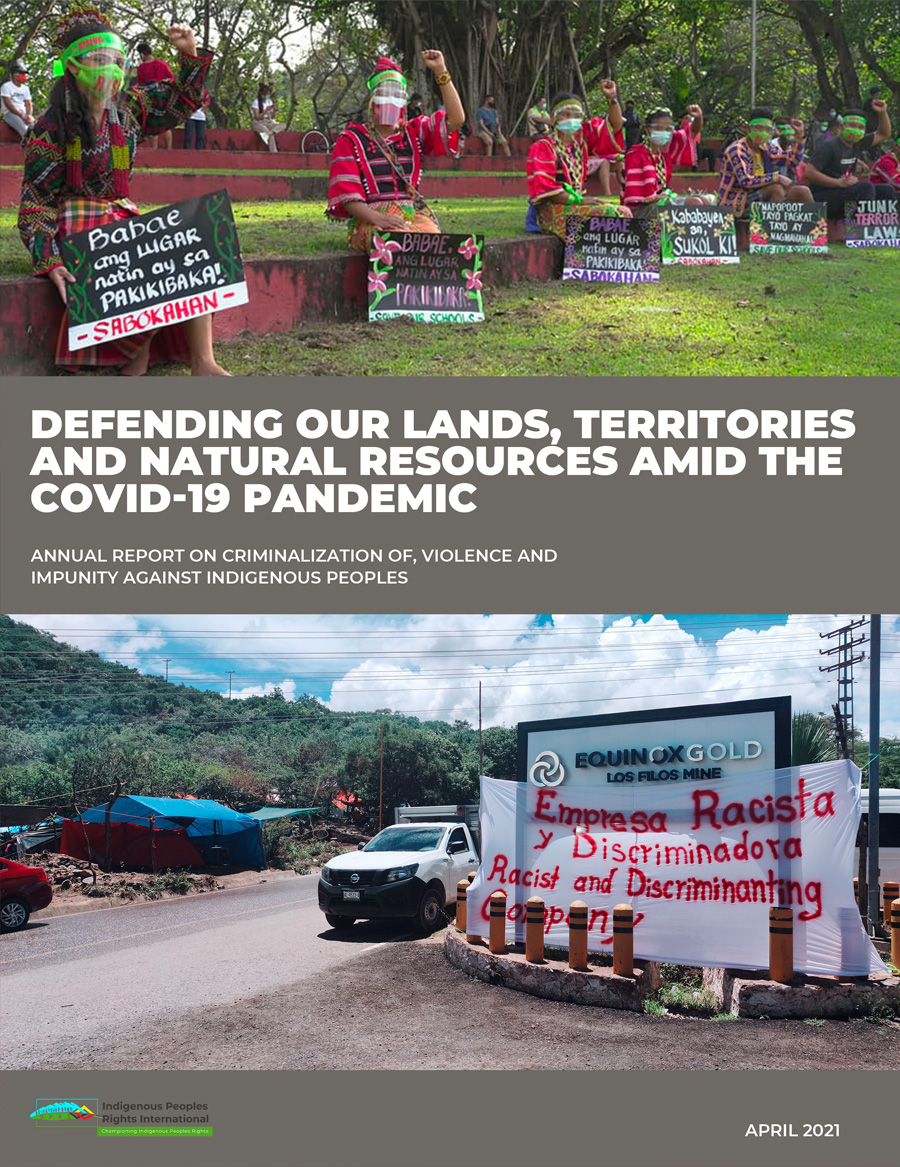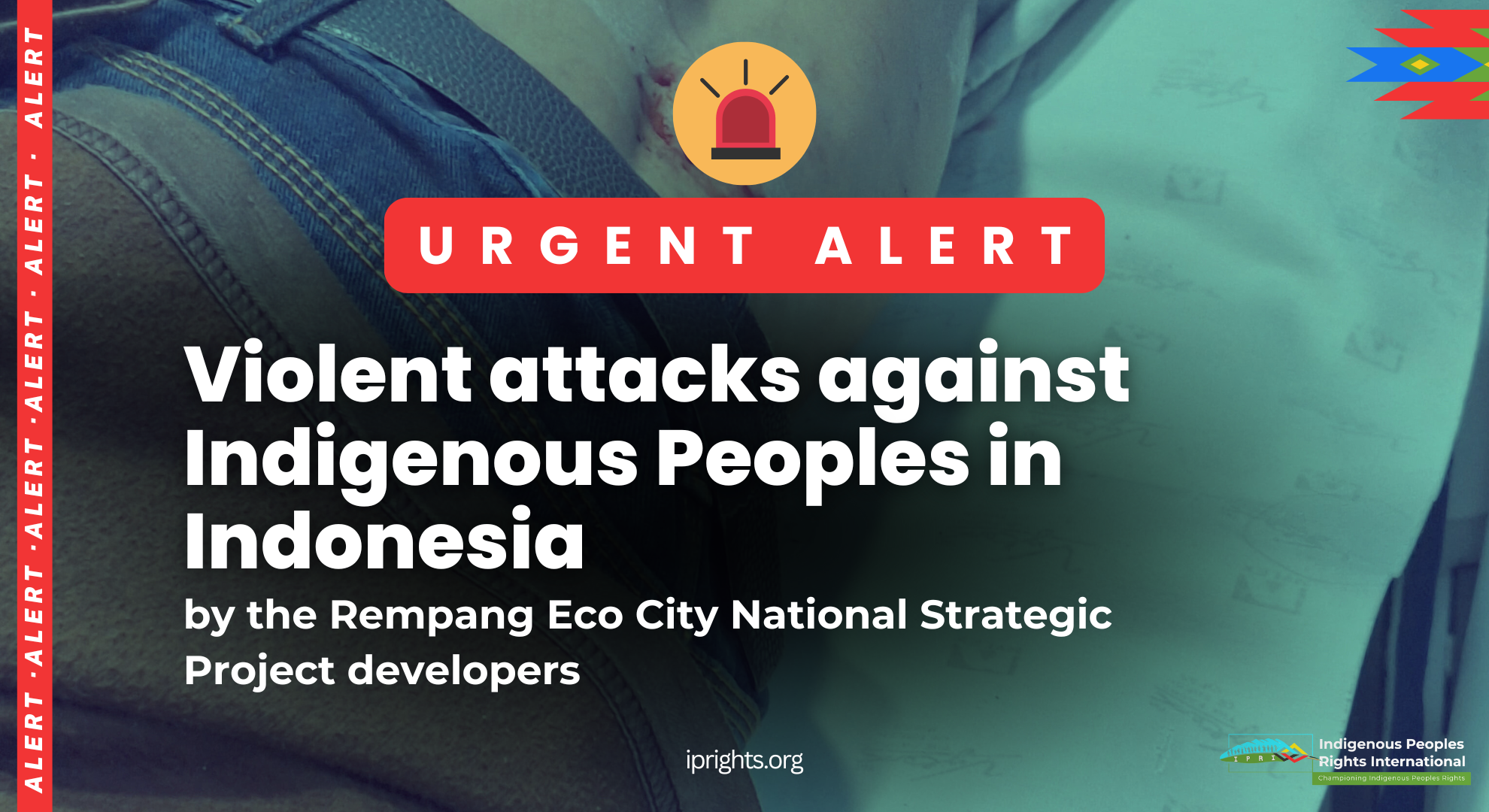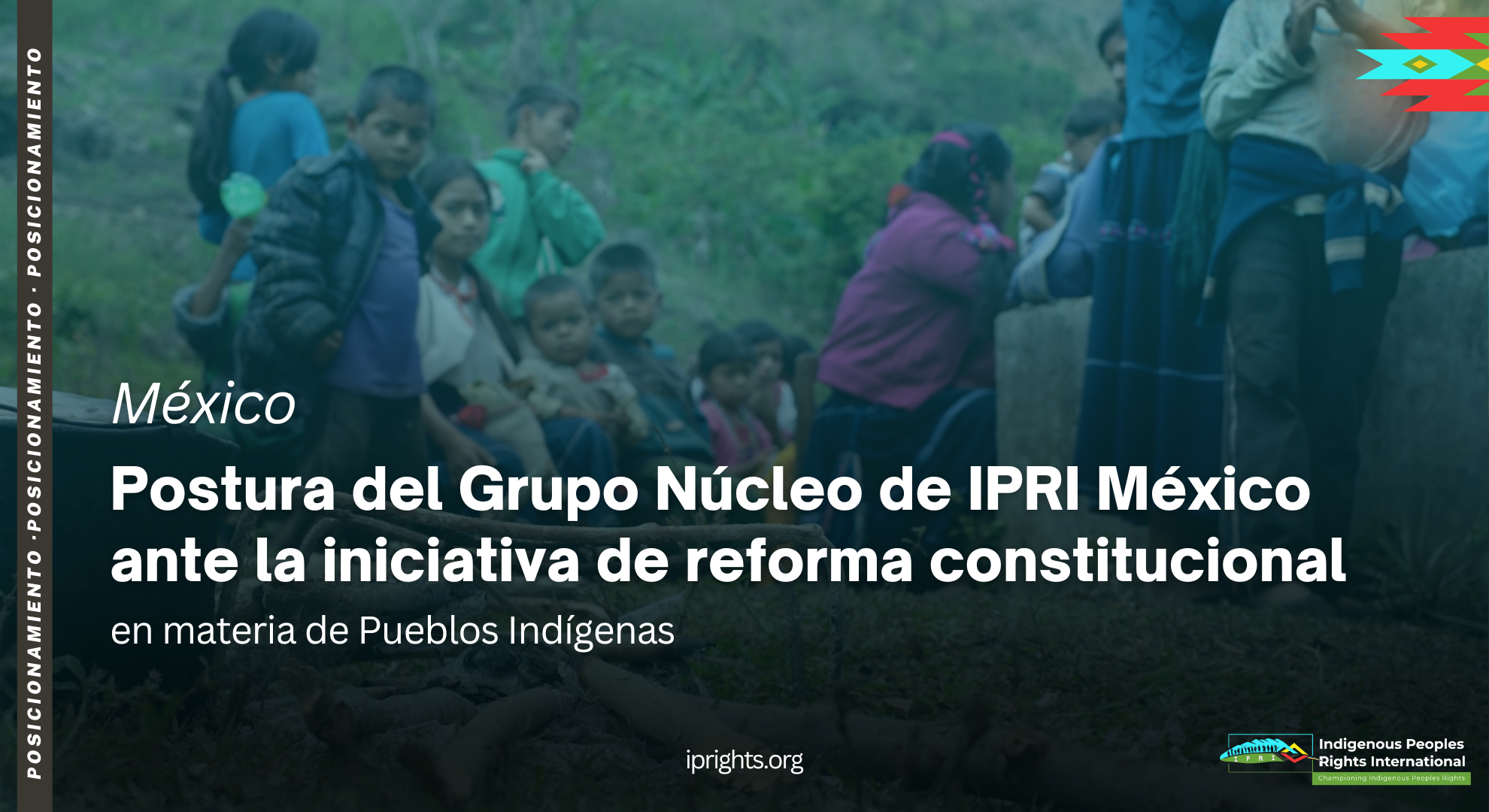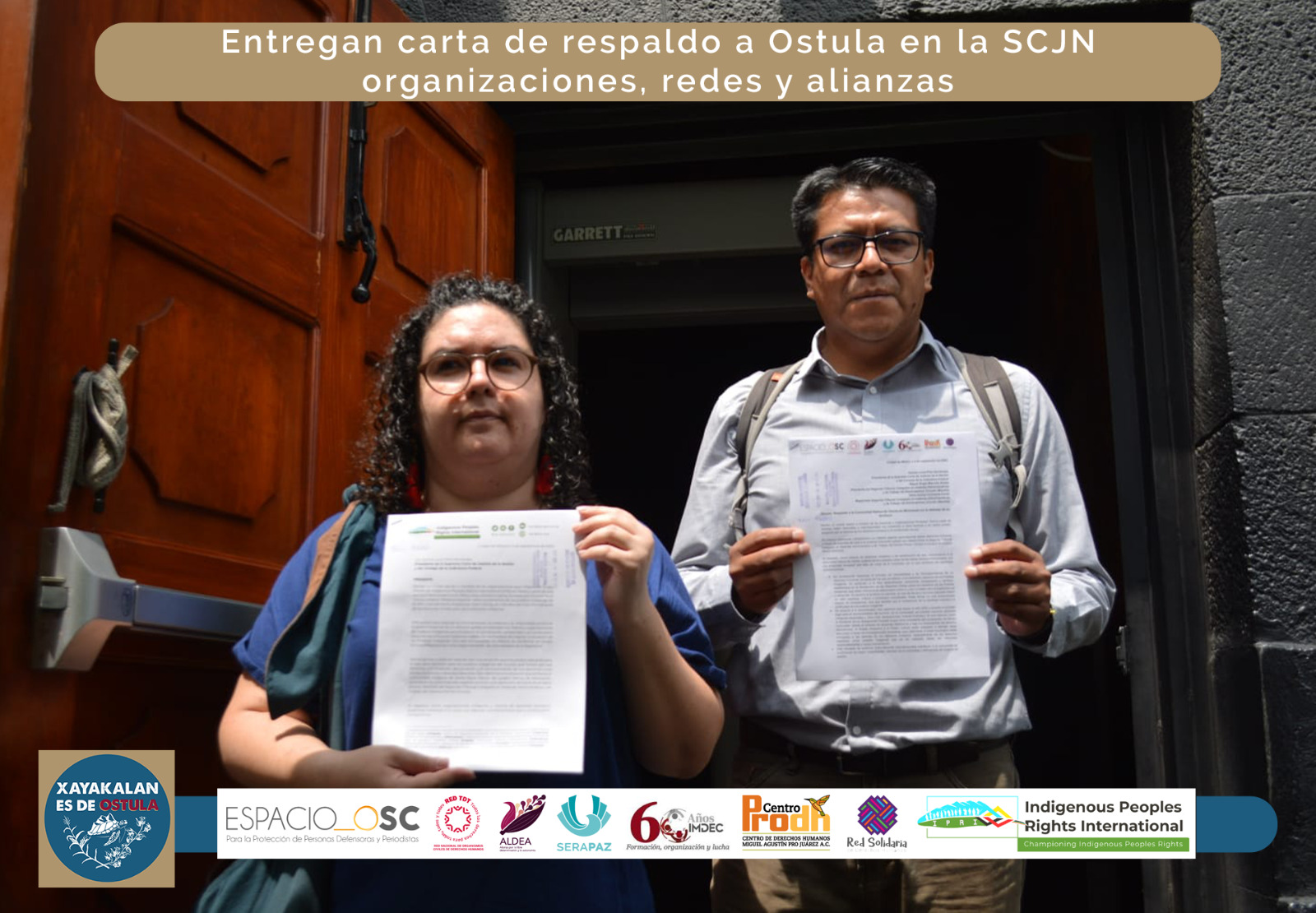Annual Report on Criminalization, Violence and Impunity Against Indigenous Peoples
From 2016 to 2018, the Special Rapporteurs on the situation of human rights defenders on human rights and the environment and on the rights of Indigenous Peoples raised the alarm on a developing “global crisis” of attacks against environmental human rights defenders, which was affecting Indigenous Peoples disproportionately. In the hope of having a global platform for Indigenous Peoples and movements to collectively address this global crisis, the Global Initiative to Address and Prevent Criminalization, Violence and Impunity Against Indigenous Peoples (Global Initiative hereon) was created. Indigenous Peoples Rights International (IPRI) was established to oversee the Global Initiative. IPRI is a non-profit global Indigenous Peoples organization that works to protect Indigenous Peoples’ rights and to unite and amplify the call for justice to victims of criminalization and impunity. IPRI’s Global Board Members are indigenous activists and leaders from around the world.
A core component of the Global Initiative is monitoring and reporting incidents of criminalization, violence and impunity against Indigenous Peoples. Part of this component is the creation of a database to document these incidents and publication of an annual report reflecting the collected data. However, since the database is currently at the development stage, this annual report is focused more on the different dimensions of criminalization and impunity based on the country contexts and case stories of IPRI’s six focus countries: Democratic Republic of Congo (DRC), Brazil, Colombia, Mexico, India and the Philippines.
The country contexts and case stories were developed in collaboration with IPRI partners, namely Programme Intégré Pour Le Développement du Peuple Pygmée au Kivu (PIDP-Kivu) for DRC, Articulação dos Povos Indígenas do Brasil (APIB) for Brazil,* Centro de Derechos Humanos de la Montaña “Tlachinollan” for Mexico and Panaghiusa Network for the Philippines. For the text on India, an indigenous research consultant was commissioned and for Colombia, two consultants guided by IPRI’s Board Member, Leonor Zalabata, helped in finalizing the country context and case stories.
The case stories are specific illustrations of the general situation briefly discussed in the country contexts. These provide snapshots of the Indigenous Peoples’ situation and the consequences they have experienced in relation to defending their collective rights to their lands, territories and resources, self-determination and self-government within the context of the COVID-19 pandemic that began in early 2020.
Building on the country contexts and case stories, this annual report presents the patterns of threats and harassments that often lead to criminalization and/or killings. It explores the occurrence of criminalization beyond the common definition of abusing the law.
Criminalization is defined as the misuse of criminal laws that involves the manipulation of the punitive power of the State and non-state actors in order to control, punish and/or prevent the exercise of the right to defend human rights.4 It occurs for example, when defenders are wrongfully accused of committing crimes as a result of their activities, thus depriving them of freedom in crucial moments for the defense of their causes, as well as processing them without due process guarantees. In consideration of the country contexts and case stories examined in this report, criminalization can also occur when state and non-state actors use and misuse their position of power, even without using any laws/policies, to control, punish and/or prevent the exercise of Indigenous Peoples’ right to defend their individual and collective rights.
The report also presents the link between entrenched discrimination and the impunity enjoyed by those targeting Indigenous Peoples and their work in defending their individual rights, and collective rights to their land rights, self-determination and self-government while coping with the onslaught of the health crisis.
In addition to the country contexts and case stories, the annual report also draws its findings from reports and news articles on the violation of Indigenous Peoples’ rights in year 2020, including the abuse of laws and policies imposed to address the impacts of the pandemic.





